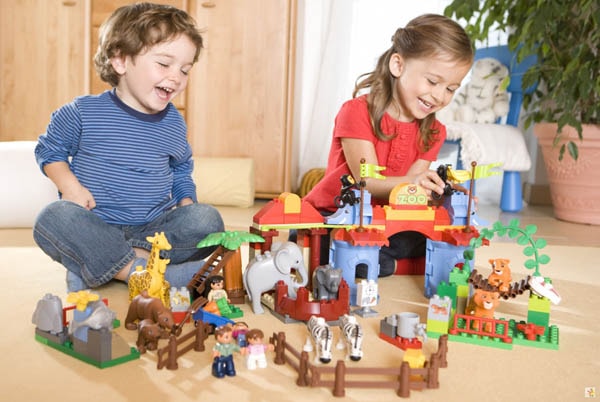Minimal communication skills parents should teach their children early
Sometimes children do not realize that they are being impolite or rude when behaving with others. Therefore, parents should teach their children these 25 basic communication skills early on to guide them to develop more positively.
In this busy, hectic life, parents often do not have time to observe all the actions or words of their children. However, children need to be taught, corrected gestures, behavior early to have a solid foundation for the future. The 25 basic communication rules below are a good suggestion for parents in raising children:
 |
1. When asking for something, teach your child to say “Please.”
2. When receiving a gift, whether they like it or not, children should say "Thank you" and show a positive attitude.
3. Do not interrupt an adult's conversation unless it is urgent. Interrupting an older person's unfinished conversation is considered disrespectful.
4. If you want to attract someone's attention to ask or request something, politely say "Excuse me", "Would you mind..."
5. If you doubt whether what you are doing is right or wrong, ask for advice or permission from an adult before doing it.
6. Not everyone in this world cares about you, so if you are upset, do not do things that affect unrelated people. Children should learn to confide and share with family and friends.
 |
7. Do not make rude comments about other people's appearance. Compliments are always encouraged in communication.
8. When others need help such as directions or homework, children should help if they are able.
9. When visiting friends' houses to play or eat, children should remember to thank their parents for welcoming and treating them.
10. Before entering any room, whether the door is open or closed, knock and wait for a response from the people inside. Do not barge into the room without permission, as it is impolite.
11. When making a phone call, children should introduce themselves first and then ask if they can speak to the person they need to speak to.
12. Do not swear or use obscene language in front of adults.
13. Do not call adults for nothing.
14. Do not make fun of others for any reason. Teasing weaker or younger children is considered cruel.
15. If a play or performance is boring, try to pay attention to it because it took a lot of effort. Do not criticize or show attitude when others are performing on stage.
16. Children should cover their mouths when sneezing or coughing and should not pick their noses in public or in front of others.
17. When opening the door, pay attention to see if there is someone in front or behind you so you can hold the door.
 |
18. If you see your parents, siblings, friends, or teachers doing something that needs help, ask for help and if they agree, you can learn many new things.
19. When adults want children to help with something, children should not nag but try to help with a positive attitude.
20. Say “Thank you” when you receive help from anyone. This will make them feel good and want to help you again next time.
21. When eating, keep your napkin in your lap and use it when necessary.
22. Children should not ask to use other people's napkins, that is impolite.
23. If you accidentally bump into someone on the street, children should know how to say "Sorry".
24. When visiting someone's house, do not eat or drink or play with anything without the homeowner's permission.
25. Children should use things properly. If they do not know how to use them, they should ask their parents how to use them instead of using them indiscriminately.



